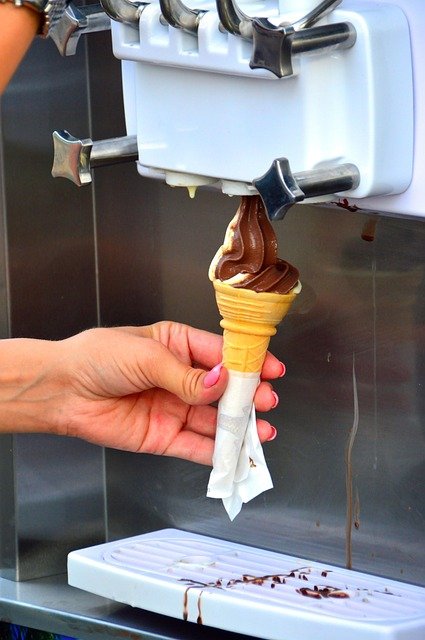Commercial Ice Machine Slow? Causes & Fixes Explained
July 9, 2025 | by li, moniker

Commercial ice machines are essential for businesses in the foodservice, hospitality, and healthcare industries, ensuring a steady supply of ice for drinks, food preservation, and medical applications. However, when a commercial ice machine starts making ice slowly, it can disrupt operations and lead to customer dissatisfaction. This article explores the common causes behind slow ice production, how to diagnose the issue, and practical solutions to restore optimal performance. Whether it’s due to mechanical malfunctions, environmental factors, or improper maintenance, understanding the root cause is key to resolving the problem efficiently.
Common Causes of Slow Ice Production
Several factors can contribute to a commercial ice machine producing ice at a slower rate than expected. One of the most frequent culprits is low refrigerant levels, which hinder the cooling process. Another issue could be scaled-up evaporator plates due to hard water deposits, reducing heat transfer efficiency. Additionally, dirty condenser coils can restrict airflow, forcing the machine to work harder and produce ice more slowly. Finally, an overworked compressor or a failing water pump may also slow down ice production. Identifying these issues early can prevent further damage and costly repairs.
Environmental and Operational Factors
Beyond mechanical problems, external conditions can significantly impact ice production speed. High ambient temperatures, especially in poorly ventilated areas, force the machine to expend more energy cooling itself. Similarly, low water pressure or poor water quality can slow down the freezing cycle. If the unit is placed too close to heat-generating appliances, such as ovens or fryers, its efficiency may drop. Ensuring proper installation and maintaining an optimal environment around the Commercial Ice Maker can help maximize performance.
Diagnosing and Troubleshooting Slow Ice Makers
To pinpoint the exact cause of slow ice production, start by inspecting the machine’s components. Check for visible scale buildup on the evaporator and clean it if necessary. Test the refrigerant levels and ensure the condenser coils are free of dust and debris. Verify that the water inlet valve is functioning correctly and that the water filter isn’t clogged. If the issue persists, consult the manufacturer’s manual or contact a professional technician. Regular preventive maintenance, such as descaling and filter replacement, can prevent many of these problems from arising in the first place.
Solutions to Improve Ice Production Speed
Once the root cause is identified, implementing the right solution can restore the machine’s efficiency. For scale buildup, use a commercial descaling agent to clean the evaporator. If low refrigerant is the issue, a certified technician should recharge the system. Installing a water softener can prevent future mineral deposits, while routine cleaning of condenser coils ensures proper airflow. Upgrading to a more powerful Commercial Ice Maker may be necessary if the current unit is undersized for demand. Proper maintenance and timely repairs are crucial for long-term performance.
In conclusion, a slow-producing commercial ice machine can stem from various mechanical, environmental, or maintenance-related issues. By understanding common causes such as refrigerant leaks, scale buildup, and poor ventilation, businesses can take proactive steps to diagnose and resolve the problem. Regular maintenance, proper installation, and timely upgrades ensure consistent ice production, preventing operational disruptions. Whether through DIY troubleshooting or professional assistance, addressing these issues promptly will keep your ice machine running efficiently and extend its lifespan. Investing in a reliable unit, like those from Commercial Ice Maker collections, can also help avoid frequent performance problems.
RELATED POSTS
View all

